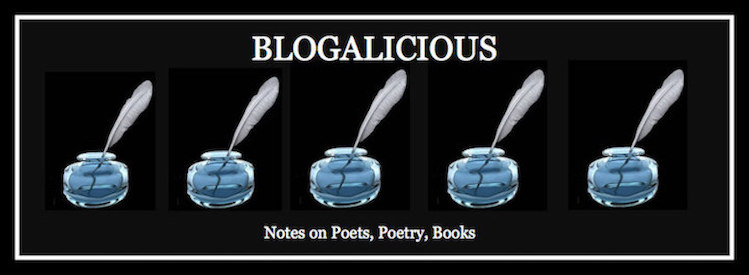My last post, “Have You Been Wasting Precious Writing Time,” provoked a good deal of response. Many readers seemed to take comfort in knowing that Louise Gluck went for long periods of time without writing any poems. However, while they took comfort in knowing that they were not alone in going through fallow periods, many also made it clear that they felt disappointed, unsuccessful, and frustrated. They wanted it to be otherwise, They wanted to be writing. This set me to thinking some more about the subject.
First of all, stop raking yourself over the coals for not writing. It may be that you’ve earned an extended break. If, for example, you’ve just published a book, you may need to step back and just cool yourself off for a while. You may need to replenish the well inside you, that place where the poems come from. Maybe you need to concentrate on getting readings and enjoying being the author of a newly published book. Or maybe you’ve just completed a manuscript and need a break. Writing is a joy, but it’s also hard work. Sometimes a vacation is in order. Or maybe life has just been a bit overwhelming. It’s okay to give yourself some time off. Not everyone writes like William Stafford.
Understand that during the time you are not writing you may, nevertheless, be doing the work of a poet. You may be observing, storing up, gathering. You’re getting ready for the next burst of new poems. Believe that they will come. Maybe not as soon as you’d like, but they will come. They are waiting for the right trigger.
However, you may have to find or create the trigger that will unleash the poems that live inside you. Here are some suggestions for doing that:
.jpg) |
| Prepare to open a vein. |
2. Create a Day of Poetry at your house. I’ve done this several times and it’s wildly productive and fun.
3. Go to readings. There’s something about just sitting there and listening that gets your creative mind working. There’s something about being among other poets that reminds you of who you are.
4. Read poems. Every day. This is part of the hunting and gathering. You may not be writing, but you are doing the work of a poet.
5. Go for walks. Listen to music as you do so.
6. Write some reviews of poetry collections. The close attention this requires will feed your poetic imagination. And you’ll be doing important work, necessary work. You’ll be firming up your membership in the poetry community.
7. Use prompts. Now don’t give me that nonsense that real poets don’t use prompts. Every poem is prompted by something. Get your hands on some books of poetry prompts. Here are some suggestions:
The Crafty Poet: A Portable Workshop, by Diane Lockward, Wind Publications, 2013. Craft Tips, model poems, prompts, Q&As, 101 poet contributors
Wingbeats: Exercises & Practice in Poetry, by Scott Wiggerman and David Meischen, Dos Gatos Press, 2011. A boatload of prompts by a variety of poets, many of them teachers
Wingbeats II: Exercises & Practice in Poetry, the sequel, by Scott Wiggerman and David Meischen, Dos Gatos Press, 2014. Another boatload of prompts by a variety of poets, many of them teachers
The Daily Poet: Day-by-Day Prompts for Your Writing Practice, by Kelli Russell Agodon and Martha Silano, Two Sylvias Press, 2013. A quick prompt for each day of the year.
While I hope that you’ll get at least a few books of prompts for your desk, I also want to suggest that there are websites that offer prompts. One of my favorites is Adele Kenny’s The Music In It. Adele offers a new prompt every Saturday. Her prompts typically include a good deal of craft discussion and links to sample poems.
Another favorite site for poetry prompts is Margo Roby's Wordgathering. Margo offers lots of creative prompts and does so on a regular basis.
Another blog for prompts that I like is by Rachel McKibbens. She seems to have stopped keeping the blog up to date and the site is a mess, but the past prompts are there and they look like fun.
The idea is to give yourself a crash program in total immersion. As Georgia Heard might say, marinate yourself in poetry.

.jpg)
I used to have a quote from Jeanette Winterson hanging over my desk. It read "I do not write every day, I read every day, think every day, work in the garden every day, and recognize in nature the same slow complicity. The same inevitability. The moment will arrive, always it does, it can be predicted but it cannot be demanded. I do not think of this as inspiration. I think of it as readiness. A writer lives in a constant state of readiness."
ReplyDeleteThat is so perfect! Thanks for sending, Rachel.
ReplyDelete